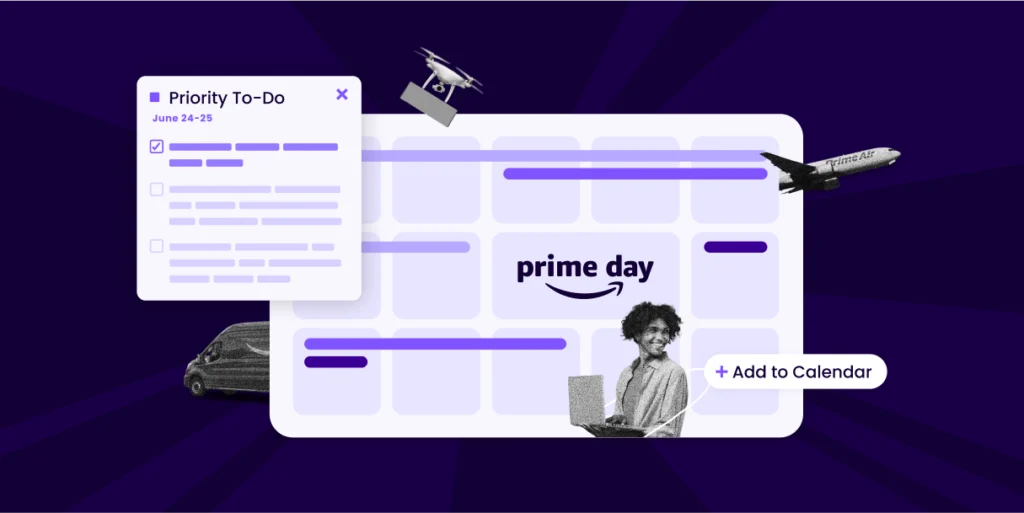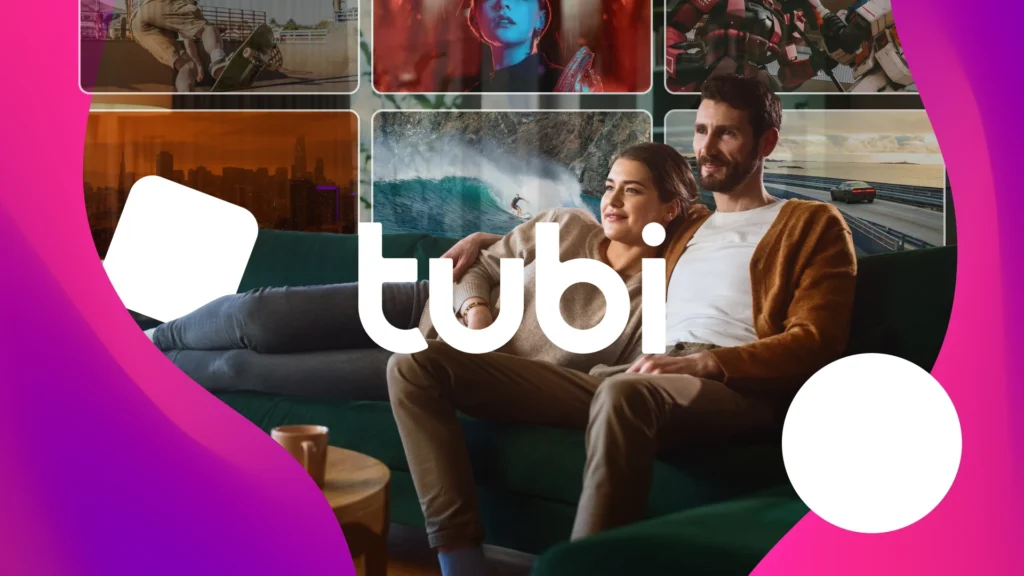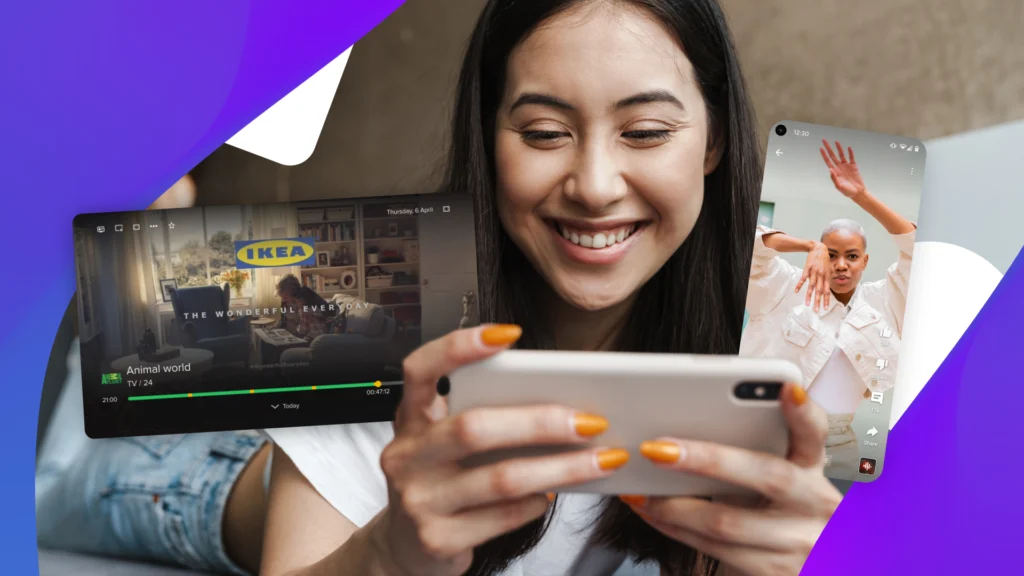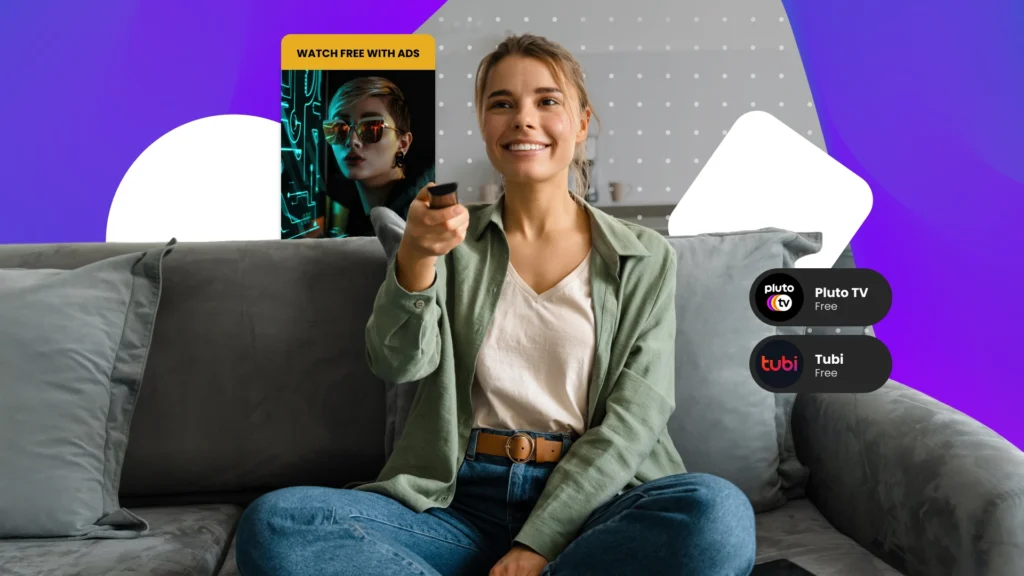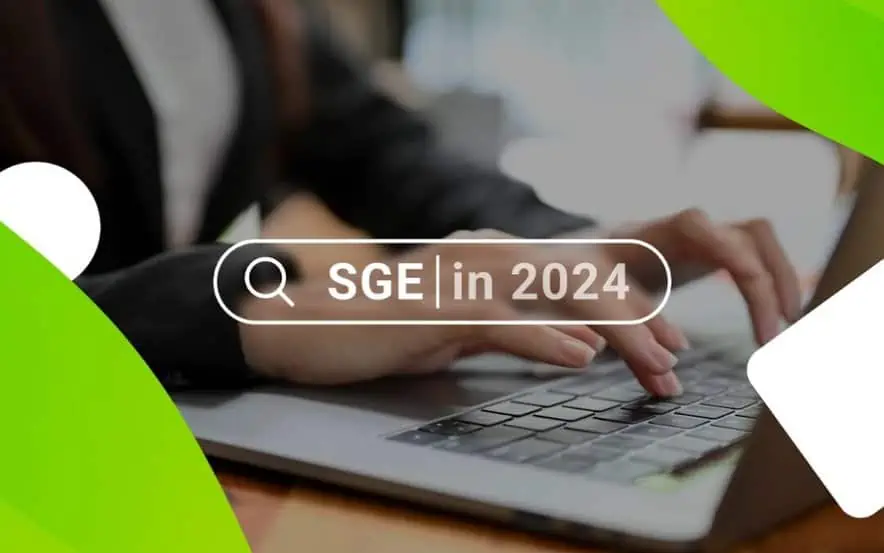On February 6th 2013 Google officially announced the launch of Enhanced Adwords Campaigns. For those unfamiliar with the announcement, Google is making their default search campaigns target desktop and tablet devices together with a new “bid modifier” for traffic on smartphone devices.
While in the past device type was something you could have separate campaigns for (bidding and budgeting separately), going forward all campaigns will default to desktop + tablet campaigns without the ability to bid and/or budget separately for these two device types.
Mobile (phone) bids will be set as a multiplier of your desktop/tablet campaign sharing the same budget within one campaign. While you can set a new desktop/tablet “enhanced” campaign to opt-out of mobile completely with a -100% mobile bid modifier, you cannot have a “mobile only” campaign the way we are currently used to.
With any huge change to Google Adwords there are going to be a lot of questions in terms of what the impact of this change will mean. We wanted to give you our initial thoughts on the changes. Instead of just having just one Elite SEM employee give their opinion on the potential impact of the enhanced campaign changes, we wanted to give our readers a well-rounded assortment of what the Search Engine Marketing experts at Elite SEM think about these changes and potential impact on our clients campaigns. Without further ado,
What “Elite SEM Thinks” about Google’s Enhanced Campaigns
Ben Kirshner – CEO – Elite SEM
I think Google’s Enhanced Campaigns will protect Google in the long term by having one bid regardless of what device you are on. As consumers change their “screen” habits, Google will be able to serve optimized bids without having to redo their entire Adwords interface. I predict the next hot screen people will search and browse on will be the television!
Marc Weisinger – Director of Marketing – Elite SEM
Similar to Google’s dynamic search ads product, I believe this is one development in a series of many changes aimed at making Adwords more user friendly, and more of a “set it and forget it” model for the average advertiser.
While it may sound easier to have all of your device types in one auction and tied to one keyword for all devices, I believe your average Adwords user will actually have a harder time effectively managing their bids and budgets to the best converting device type inventory. It will be the more advanced advertisers and agencies that will be able to adapt to Google’s Enhanced Campaigns the best without needlessly spending in areas that don’t convert.
I am personally going to suggest holding off on initially switching to this model until we see experts develop best practices to best optimize in this brave new world.
New things I’m excited about:
- Extensions at the ad group level
- More detailed reporting available at the extension level
- Extensions that can be scheduled by time of day
- Cross device tracking if you’re logged into a Google account
- Admittedly while this is great I don’t think it required the enhanced campaign change…
Abby Stone – Director of Paid Search – Elite SEM
As an optimist, I like to focus on the positives of change. So, with the upcoming changes in Google, I think “why complain” and let’s focus on the good things:
- Parity across devices.
- A Time Saver: When adding new keywords, negatives, and sitelinks you will only have to do it once instead of across 3 different accounts. You only have to do one Search Query Report instead of 3 and keyword expansion for only one account instead of 3.
- One step closer to cross –device tracking
- Some advertisers have been dragging their feet about giving users a positive mobile experience. Maybe this will give them another nudge to start seriously thinking about optimizing their site for mobile users.
Zach Morrison – Vice President – Elite SEM
This newest “release” should not be called an “enhancement” yet, as many of these updates are catered to the common advertiser not the sophisticated AdWords Expert. It leaves me wondering why we had to give up control of our budgeting and bids in order to get Cross Device which isn’t “fully there yet.”
In the end, all Google updates prove to be beneficial to advertisers, agencies and Google; so all we can do is provide feedback, hope for a further enhancement of this latest release and adapt.
Chris Chang – Senior Account Executive – Elite SEM
The Positives:
- Long term you can leverage one campaign and hit users across multiple devices with custom ads that cater to their specific needs; e.g. proper site extensions at the right time.
- Still have the ability to not target mobile if need be
- True engagement distribution breakdown: Instead of seeing conversions in one account from tablet vs. mobile vs. desktop you can truly see the user shopping behavior [i.e. user on desktop clicked, then on mobile converted] whereas, before you had that segmented out unless using some type of attribution software/technology; i.e. cross device attribution
The Truth:
- NOT being able to segment tablet vs. desktop is going to be a MAJOR concern for advertisers. Despite what Google suggests, many clients DO NOT see the same experience on tablet vs. desktop. Sites that require uploads to occur as part of the conversion process aren’t going to be able to make tablet work for them and, thus, will end up burning considerable money in that department.
- You’re either “in it” or you’re not. There is no way to segment out mobile from desktop unless running just mobile ads; on top of that the mobile bidding scheme is a flat % across the entire campaign so you are not TRULY optimizing your mobile targeted keywords at the keyword level.
- Advertisers: we now HAVE to do a much more stringent job segmenting out keywords by performance instead of theme. Again because you can’t do unique mobile bids if keyword #1 does well on desktop but not on mobile you would want to set that mobile bid to -50% let’s say. However, if that keyword #2 in the same adgroup is awesome on mobile you wouldn’t want that -50% bid in place… so you would have to segment out. This means you’re stuck with even MORE campaigns and complexity in your account.
- Themes have less of a factor now as opposed to performance.
- Google is basically taking a step backwards from their “best practice recommendations” of segmenting out by device type. With no ability to do mobile-only, less granular testing is now available to advertisers. Furthermore, you can’t do device targeting now, so customized ads for android vs. iOS is no longer a possibility. Additionally, Google always would tell us that mobile should be 2-3 keyword strings at the most. Now you’re stuck with not having the ability to really target keywords for mobile specific queries… SEGMENTATION not just thematically but by performance and as well as long tail vs. short tail becomes even MORE important now for advertisers.
- Less transparency: no idea of unique bids for mobile or tablet categories.
- Advertisers need to be extra cautious when setting campaign bid modifiers. Similar to the issue that Google caused with lumping users automatically to GDN (which they got sued for) now ‘newbie’ advertisers will automatically bid the same for mobile, desktop and tablet traffic without knowing better. This means that mobile competition and CPCs are ultimately going to increase… which, as we all know, Google will be very happy about as they show larger profits.
Jesse Eisenberg – Senior Account Executive – Elite SEM
- Marketers that were targeting mobile devices only due to failure to succeed on desktops, such as a Cell Phone Accessory store, will suffer from this change as all campaigns will be required to target desktops + tablets. Sure, you can make your mobile bid multiplier 300%, but what if you were bidding $3.00 on mobile devices? That means you are now required to bid $1.00 on desktops + tablets.
- Despite Google’s claims that CPC’s will be lower on Mobile Devices and Tablets, the forced increase in competition on “non-Desktops” will eventually lead to higher CPC’s.
- Bid Technology platforms that suffer from poor page load times due to large amounts of keywords and campaigns will benefit in the fact that fewer campaigns means fewer keywords, which in turn means pages will load faster.
Chris Michalak – Account Executive Elite SEM
- Concerned about budgeting for clients with high mobile CPCs, mobile will begin to cannibalize desktop budgets and take away volume from desktop campaigns.
- Concerned that desktop and tablet are considered 1 when they have very different performance. If we can set bid multipliers, I would prefer to be able to set for all 3.
- Loss of history for keywords. Some clients have large accounts, so devices are in separate accounts. Years of history will be lost with this migration.
Adrienne Gaines – Account Executive – Elite SEM
While I trust Google that this could be beneficial in the long run my biggest hesitation at this point is the implications of transitioning accounts over to this new structure and the effect it could have on the performance of the campaigns.
Pat Hayden – Senior Account Executive – Elite SEM
This update is going to start forcing marketers to pull multiple levers at once. You will have to adjust both bids and percentages all while being constrained by one budget. It seems it will be VERY difficult to budget by device, if even possible at all. So far client response has been poor as most have device specific URL tracking parameters that they will no longer be able to utilize to better understand their customers and improve their businesses.
Emma Fernandez – Senior Account Executive – Elite SEM
1. I think Google’s recent changes have very little to do with the advertiser, and everything to do with Google’s bottom line. They need to appease investors who harp on mobile, and thus, no longer give the advertiser a choice.
“Google’s costs-per-click fell for the fourth quarter straight, for a 15 percent loss year-over-year, as searchers continue to move to mobile, but advertisers refuse to pay desktop rates. CFO Patrick Pichette was quick to point out on the call that it would have been only an 8 percent year-over-year loss, were it not for foreign currency fluctuations. Investors were not convinced.” http://searchenginewatch.com/article/2219061/Google-Plans-to-Combine-Mobile-Desktop-Ads
2. Google claims it will make advertising simpler, but I disagree. I think search experts aren’t going to like the change, but will figure out how to work with it, which will probably involve over complicating what Google claims is a change to simplify. Those who are going to suffer the most are the small businesses who try to use search, but are not experts. Novice users are going to get killed by rising CPCs, increased traffic from mobile, and potentially poor mobile user experience, which isn’t cheap to upgrade.
We also reached out to our friends at 360 Partners, an SEM agency based out of Austin to get their take on the changes. Here’s what they told us.
Noah Solomon – Analyst – 360 Partners
For our clients, this means they will need to put more consideration into how mobile fits in to their overall marketing strategy, what their goals & KPIs for mobile are, and developing a mobile or a responsive website if they have not already done so. For agencies, we will simply have to play the hand Google has dealt us. It will be important to take advantage of the positives (ad group-level sitelinks and enhanced sitelink tracking, bid modification by location target without endless campaign segmentation) to try and offset the loss of control stemming from the (shotgun) marriage of tablet/desktop and the inability to budget and set keyword-level bids by device type. It will also be important for agencies to be patient and plan a well thought-out approach to migrating campaigns as well as closely monitor all performance metrics both during and after the transition.
Richard Clark – Analyst – 360 Partners
The new Google enhanced campaigns are effectively taking away options from smaller advertisers, while increasing the difficulty involved in campaign management for larger advertisers. As we know, Google recommends using separate campaigns to utilize different device and network targeting options (e.g. display, search, mobile). Enhanced campaigns are now in direct conflict with this idea. Additionally, these new campaigns will make optimizing and analyzing performance very difficult for larger accounts.
Sydney Sheedy – Analyst – 360 Partners
Enhanced Campaigns are Google’s way of giving advertisers less control. Removing the option to only show on mobile devices and making mobile bids relative to desktop bids at the campaign level may make advertising easier, but not more efficient or effective. Not only that, but for advertisers who are not AdWords Experts, there is “enhanced” potential for wasted spend.
Well there you have it, what Elite SEM thinks about Google’s Enhanced Adwords Campaigns. If you’re interested in all of the facts of what’s changing more than our opinions please check back on the Elite SEM Insider blog later for a comprehensive list of what we know so far.
We will be doing “Elite Thinks” articles going forward on a monthly basis so be sure to continue to look to the Elite SEM Paid Search Blog and sign up for our newsletter if you’re not currently receiving it, to stay up to date on these opinion pieces in the future.
Have a topic, product release, or subject matter that you want to know what “Elite Thinks”? Be sure to leave a message in the comments, message us on Twitter or Facebook, or email your idea to [email protected] .
You Might Be Interested In


